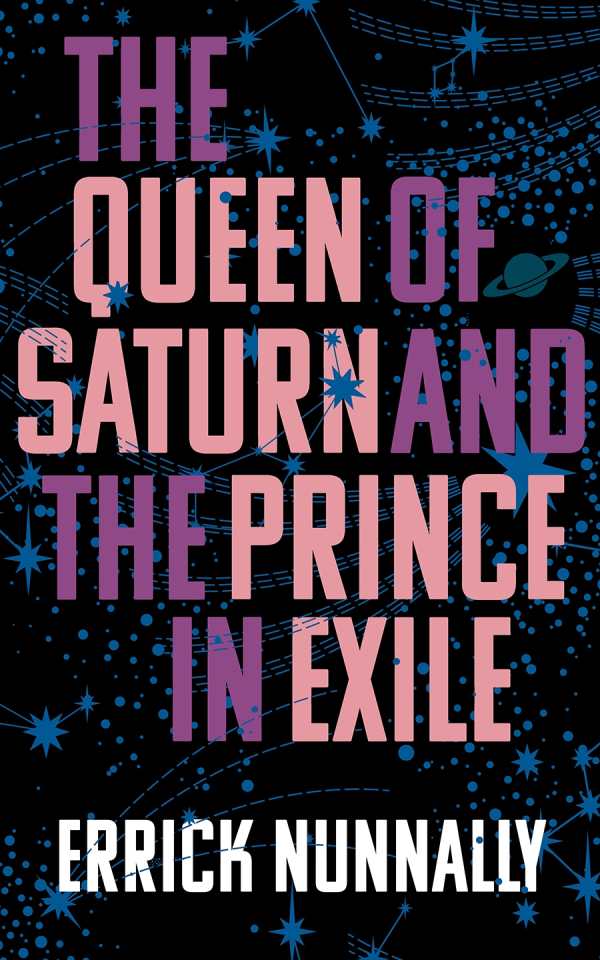The Queen of Saturn and the Prince in Exile
Familiar yet otherworldly, Errick Nunnally’s novel The Queen of Saturn and the Prince in Exile follows a Black boy growing up in 1970s Boston.
Approaching his teenage years, Sean listens to his mother Sojourner’s stories about being sent, as the queen of her people, from Saturn to Earth. Sean also learns more about both his parents’ involvements in the FBI-opposed Black liberation programs of the 1960s. This violent legacy becomes pressing amid typical coming-of-age scenes: spending time with friends, heckling rivals and bullies, and experiencing the amorous attractions of puberty.
The scenes of Sean’s upbringing are laden with sympathetic mischief. Sean and his friends, first expressing contagious mirth while trespassing in an ice-encrusted basement, engage in shenanigans at the basketball court, the roller-skating rink, and the movie theater. His family’s dynamics are endearing too. An eccentric, race-conscious sculptural artist, Sojourner lavishes Sean with the tender nickname “my prince”; Sean’s father, David, is protective, responsible, and affectionate. And popular culture references to the 1970s are delightful: Sean seeks out comic book heroes including Thor, the Hulk, and the Fantastic Four, as well as LPs.
Revealed in piecemeal fragments or from overheard adult conversations, the ambiguous fictionality of Sojourner’s past as a “de facto Queen” in her “gilded cage” dips boyhood realism into a mysterious and evasive secondary layer of fantasy. Tied to this are the psychedelic sensations that overwhelm Sean when he interacts with girls—revealing, graphic depictions of sexual awakening, at times discomforting for their objectifying descriptions of beauty. Harrowing, disturbing, urgent, and unavoidable discourses about state-sanctioned violence against Black Americans amplifies as David suspects that renewed, illegitimate surveillance threatens his family.
An eclectic science fiction novel, The Queen of Saturn and the Prince in Exile addresses adolescence and racial history in the US.
Reviewed by
Isabella Zhou
Disclosure: This article is not an endorsement, but a review. The publisher of this book provided free copies of the book to have their book reviewed by a professional reviewer. No fee was paid by the publisher for this review. Foreword Reviews only recommends books that we love. Foreword Magazine, Inc. is disclosing this in accordance with the Federal Trade Commission’s 16 CFR, Part 255.

